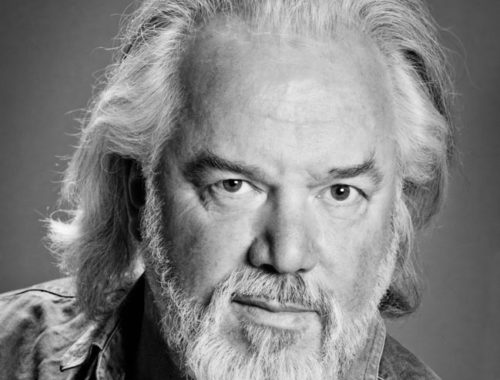London Philharmonic Orchestra, Elder, Royal Festival Hall (Review)
The natural logic of this heady mix of first and second Viennese utterances was turned on its head with Webern’s early tone poem Im Sommerwind opening like a breathy premonition of the autumnal second song of Mahler’s Das Lied von der Erde. Pantheism ruled as Mark Elder and the London Phiharmonic Orchestra, through a veil of muted strings and glimmer of clarinet, began the Delian waftings of the Webern.
Written long before Webern dramatically reduced the sauce, it’s a piece of wildly divergent quality, its tranquil extremities – the opening and closing pages – exquisitely scored and dreamily evocative and in marked contrast to its animated centre where crass string unisons carry the cheesiest of tunes for a somewhat aimless romp over Bohemia’s woods and fields.
Schoenberg’s Five Orchestral Pieces swiftly followed the path along which Webern was headed – but even their concentrated brevity assumed Mahlerian proportions compared to what issued from Webern’s pen at journey’s end. But what marvelous creations, these tiny, emotionally charged, dreamscapes where everything is expressed in extremis but even the outsized orchestra is compressed to the very essence of its possibilities. Memories seem freeze-dried in the slow movements where Elder and the LPO honed everything to an ear-pricking finish, the “dim sum” like character of Mahler’s Song of the Earth only a whisper away.
Or a roar in the case of the opening song – “Drinking Song of Earth’s Misery”. This nemesis of all but the most heroic tenors who sing it live is of an intimidatingly high tessitura and bowls some real googlies along the way. Elder commissioned Mahler scholar Colin Matthews to re-touch (at least that’s how it sounded) the orchestration, adjusting the dynamics to give the tenor – in this case Paul Groves – a fighting chance. The reasoning was that Mahler – who was not averse to re-touching even the likes of Beethoven and Schumann – would have done so himself had he heard the balance problems for himself. But orchestras were very different then and even with Matthews’ “adaptation” Paul Groves was struggling. The first awkwardly placed top note floored him as it does so many – and that’s nothing to do with balance and everything to do with the vocal writing. It isn’t grateful. I do, though, think that focus counts for more than size here and for all Groves’ efforts to make the words and especially the consonants cut through his instrument was simply the wrong one in this instance.
For the all-embracing mezzo role, Elder chose Lilli Paasikivi – a lovely voice and a fine singer though without what can only be described as an “aura of authority” in the piece. That has as much to do with acting has it does with singing. There were exquisite moments throughout, the “sun of love” coming out to glorious effect in the aforementioned third song “Der Einsame im Herbst” (“Autumn Loneliness”)
But it is “Der Abschied” (“Farewell”) that ultimately defines a great performance of this great piece and despite Elder’s wonderfully free way with all the internal rubatos of this setting and that extraordinary sense of improvisatory boundlessness that breaks free of barlines and metre it didn’t quite happen for me. Some of the playing was exceptional – Juliette Bausor’s limpidly expressive solo flute, Ian Hardwick’s plangent oboe – and Paasikivi’s dying farewells – “Ewig…ewig…” (“For ever and ever”) – scented eternity but it’s that intangible, indefinable, “something” that the Ferriers and Bakers and Fischer-Dieskaus have left with us that we still yearn to feel again.
A Conversation With DAME JANET BAKER
You May Also Like

SIR JOHN TOMLINSON CBE in conversation with Edward Seckerson
06/11/2019
A Streetcar Named Desire, Young Vic
02/08/2014